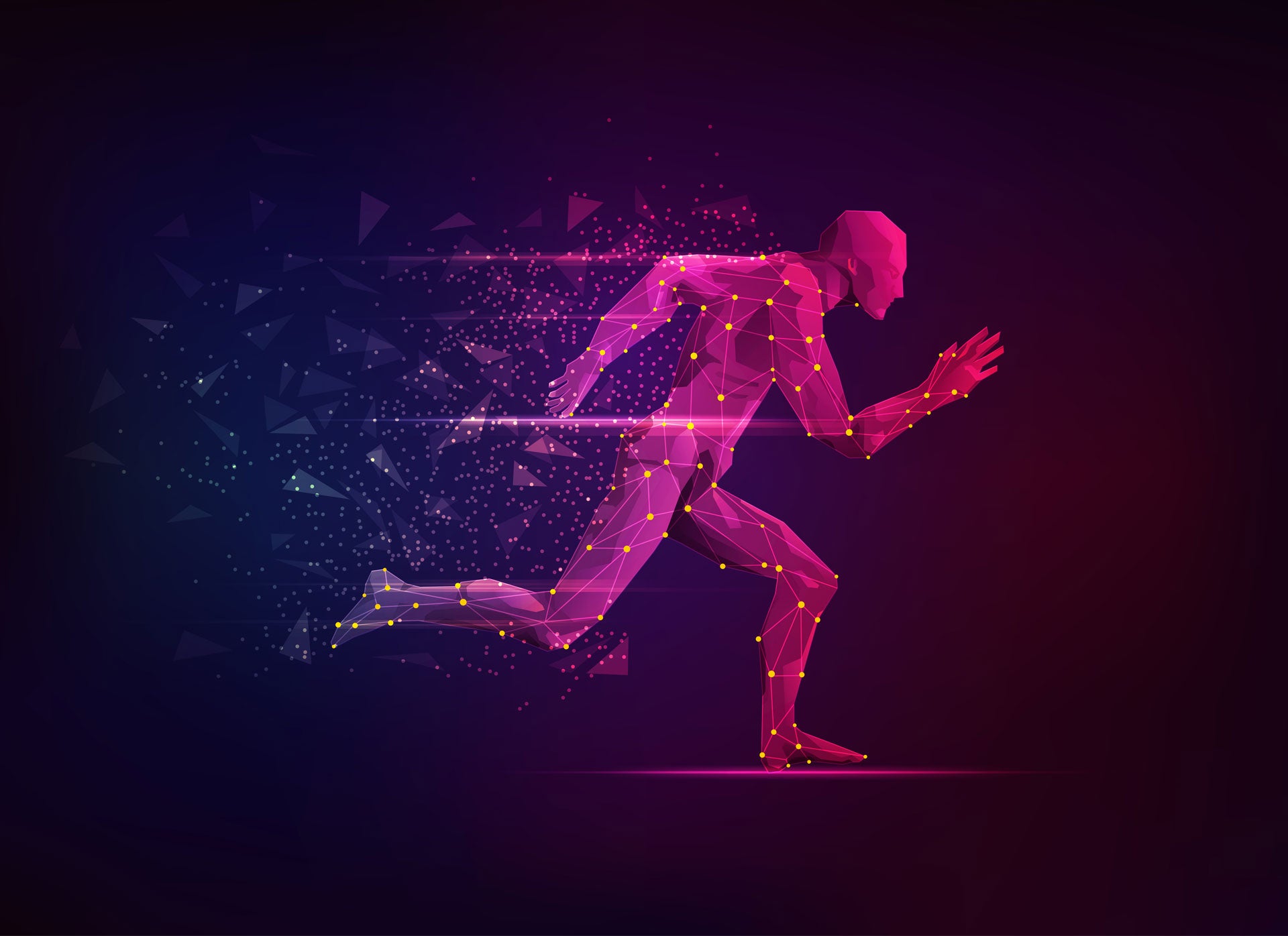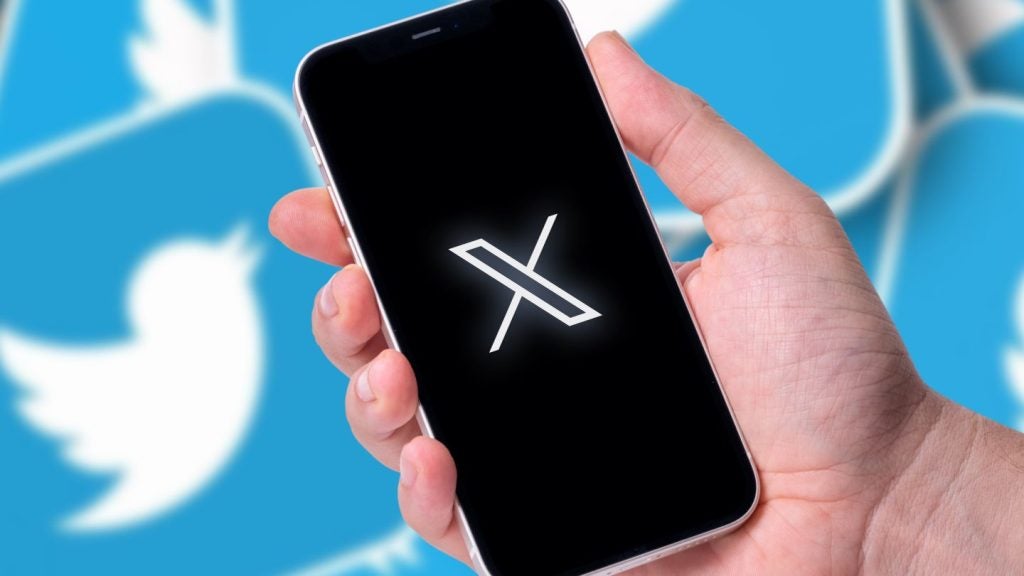
Tech giant Intel and Chinese ecommerce heavyweight Alibaba have announced that the two companies have partnered to develop a sports AI platform for use in the run up to the Tokyo 2020 Olympics.
The sports artificial intelligence (AI) system, which is known as 3D Athlete Tracking, is designed to intelligently track athletes and produce 3D models of their performance during competition and training.
This is achieved without the athletes needing to wear specialist equipment, and will be used to monitor and improve their performance.
How Intel and Alibaba’s sports AI platform works
Instead of using wearables, as some established athlete tracking technologies do, the sports AI platform makes use of several standard video cameras, which provide different angles of the athletes as they train.
These videos are fed as they are recorded into a high-powered computer where several AI algorithms are applied to determine the biomechanics of the subject’s movements.
This produces a virtual 3D form of the athlete in real-time, which can then be subjected to detailed analysis.
Sports AI beyond training
The technology has significant potential for improving the performance of athletes, however it could also provide new experiences for audiences of the sports in question, particularly when it comes to broadcast coverage.
“Optimised to run on Alibaba Cloud infrastructure, Intel developed a novel technology concept called 3D Athlete Tracking that uses AI to analyse video of athletes in ways that are expected to improve both the training process and has the potential to enhance the audience experience during actual competition,” explained Navin Shenoy, executive vice president and general manager, Data Center Group, Intel.
“This technology has incredible potential as an athlete training tool and is expected to be a game changer for the way fans experience the Games, creating an entirely new way for broadcasters to analyse, dissect and reexamine highlights during instant replays.”






